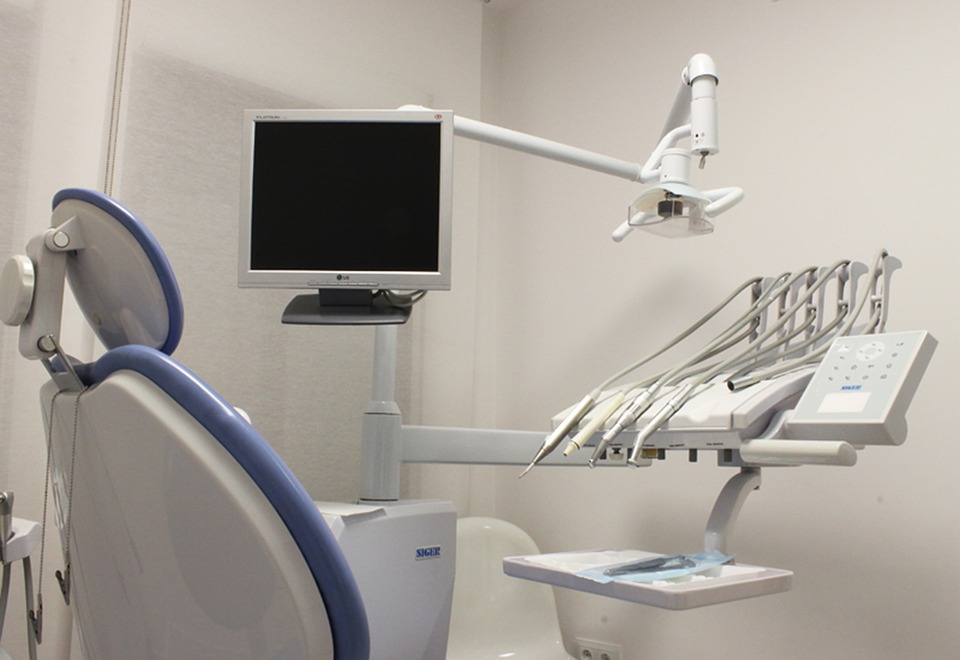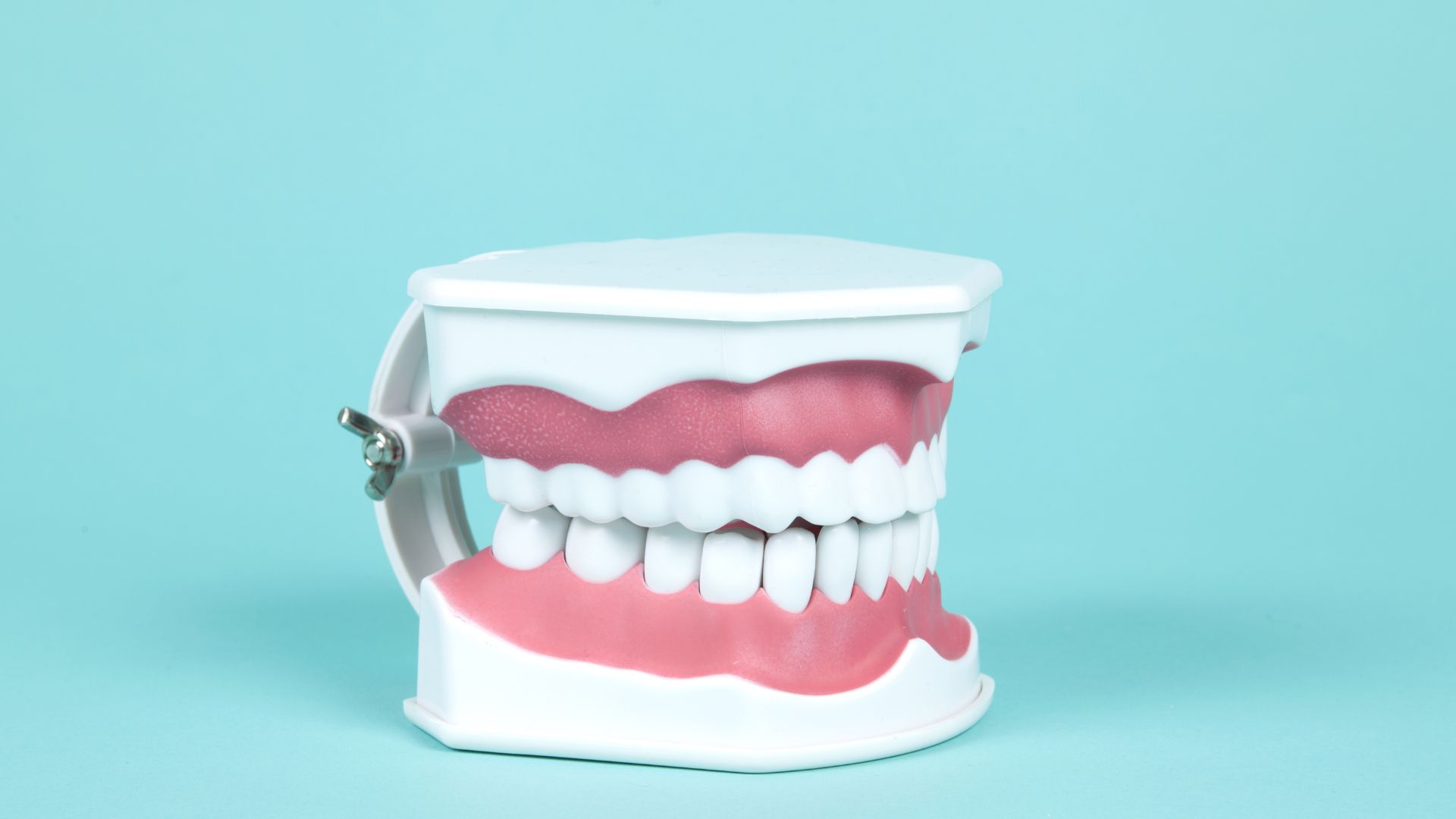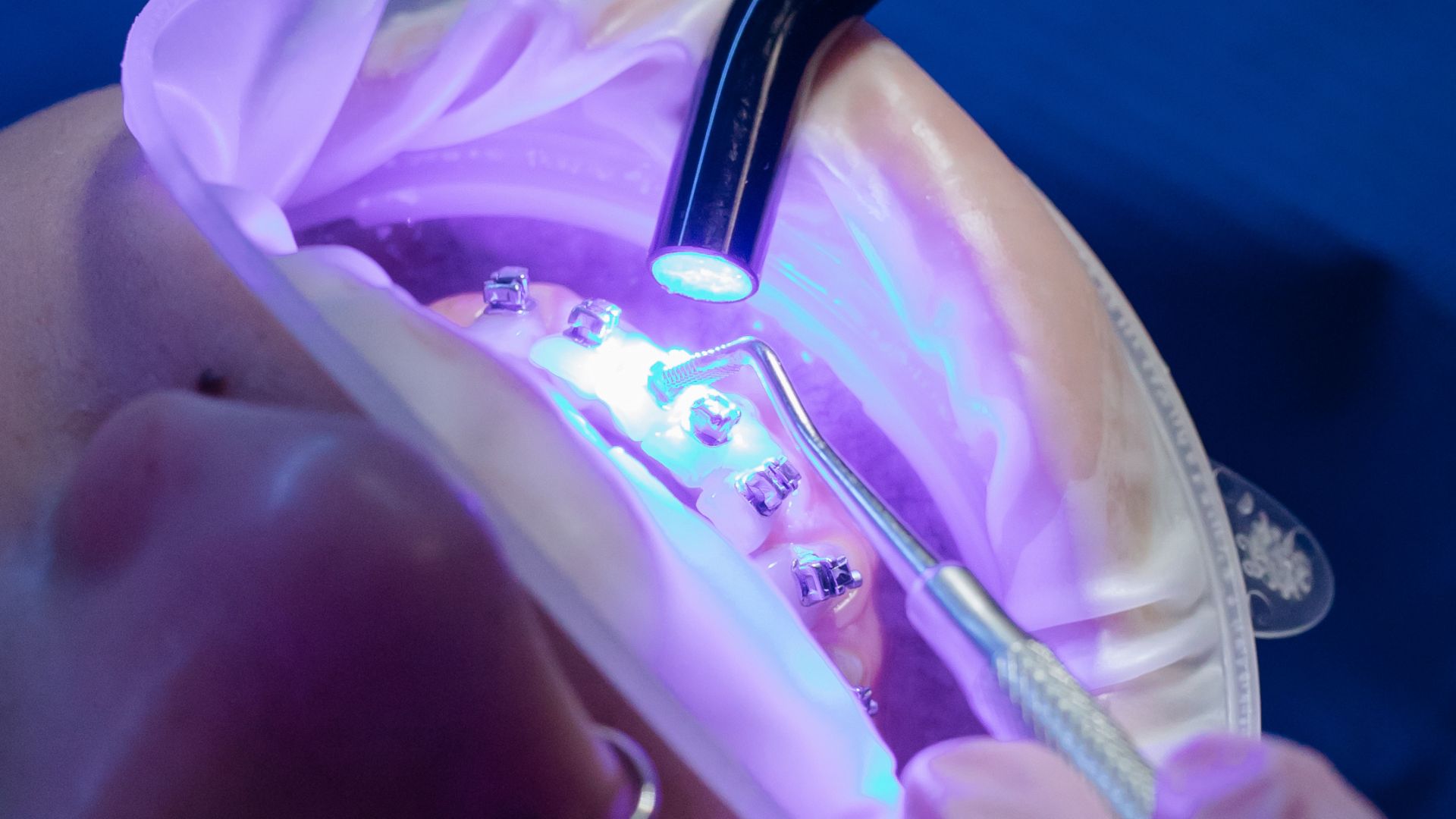Root canal therapy is a common dental procedure that has helped save millions of teeth worldwide. While many people fear the idea of needing a root canal, the reality is that delaying treatment can often lead to much worse outcomes. If you’re experiencing tooth pain, sensitivity, or swelling, a root canal could be the best option to preserve your natural tooth and prevent serious complications. In this comprehensive guide, we’ll explain why delaying root canal treatment is not advisable and the importance of seeking timely care.
What is Root Canal Therapy?
A root canal is a treatment designed to repair and save a tooth that is severely decayed or infected. The procedure involves removing the infected or damaged pulp inside the tooth, cleaning the root canals, and sealing the space to prevent further infection. Afterward, the tooth is usually restored with a crown or filling to restore its function and appearance.
While the term “root canal” often comes with negative connotations, modern dental techniques and anesthesia have made the procedure much more comfortable and effective than in the past. In fact, root canal therapy is a routine and minimally invasive procedure that helps relieve pain and saves the tooth, preventing the need for extraction.
Why You Shouldn’t Delay Treatment
1. Prevent Infection from Spreading
When you delay a root canal, the infection within your tooth can continue to spread. The tooth pulp contains nerves and blood vessels, and when it becomes infected, bacteria can spread into the surrounding tissues, including the jawbone. This can lead to an abscess, a painful pocket of pus that forms as a result of the infection.
If left untreated, the infection can travel beyond the tooth to other parts of your mouth or body, causing more significant health problems. The sooner you address the issue with root canal therapy, the easier it is to prevent the infection from spreading and causing further damage to your oral and overall health.
2. Avoid Tooth Loss
One of the primary reasons for delaying a root canal is the fear that it will be too expensive or time-consuming. However, postponing treatment increases the risk of needing a tooth extraction. If the infection becomes severe enough or the tooth structure becomes too damaged, extraction may be your only option.
By undergoing a root canal in a timely manner, you can save the tooth and avoid the cost, discomfort, and hassle of replacing it with a dental implant, bridge, or denture. Root canal therapy is far more cost-effective than tooth extraction and replacement in the long run.
3. Prevent Chronic Pain
Tooth infections can cause a range of symptoms, including severe pain, swelling, and sensitivity. If you are experiencing these symptoms, it’s crucial not to ignore them. Delaying treatment will only prolong the pain and discomfort. Root canal therapy can provide immediate relief by removing the infected tissue and sealing the tooth to prevent further irritation.
Many patients are surprised at how quickly the pain subsides after a root canal, as the source of the discomfort (the infected pulp) is eliminated. Without timely treatment, you risk prolonging the pain and increasing the likelihood of further complications.
4. Minimize the Risk of Abscess Formation
An untreated root canal infection can lead to the formation of an abscess, which is a pocket of pus that forms as a result of bacterial infection. Abscesses are not only painful, but they can also lead to more severe health problems, such as fever, swelling in the face, and even bone loss around the infected tooth.
In some cases, untreated abscesses can cause systemic infections that spread throughout the body. This can lead to potentially life-threatening conditions such as sepsis. Seeking timely root canal treatment can help you avoid these dangerous complications and safeguard your overall health.
5. Save Time and Money
While it may seem like delaying a root canal saves you time and money in the short term, it can actually have the opposite effect in the long run. The longer you wait, the more complicated and expensive the treatment becomes. If the infection spreads or the tooth becomes severely damaged, you may need additional procedures such as extractions, bone grafts, or implants to restore your smile.
By getting a root canal sooner rather than later, you can prevent the need for more extensive dental work and preserve your natural tooth. This will save you both time and money in the long run.
6. Restore Function and Aesthetics
In addition to preventing pain and infection, root canal therapy also helps restore the function of your tooth. When a tooth becomes infected, it may become so painful that it becomes difficult to chew or speak comfortably. A root canal removes the infection and restores the tooth’s ability to function properly.
Furthermore, root canal therapy helps preserve the appearance of your smile. If you delay treatment and the tooth becomes too damaged, you may lose the tooth or require a more complicated cosmetic procedure to restore it. Root canal therapy allows you to keep your natural tooth and avoid a gap in your smile.
Signs You Might Need a Root Canal
If you’re experiencing any of the following symptoms, you may need a root canal:
- Severe tooth pain, especially when chewing or touching the tooth
- Sensitivity to hot or cold that lingers even after the source is removed
- Swollen or tender gums around the affected tooth
- Darkening of the tooth (a sign of infection or damage to the pulp)
- A pimple-like bump on the gums, which may indicate an abscess
If you notice any of these symptoms, it’s essential to seek dental treatment as soon as possible to prevent the infection from worsening and causing further damage.
Conclusion
Root canal therapy is a vital procedure for saving your natural tooth and protecting your overall oral health. While delaying treatment may seem like a way to avoid pain or cost, it often leads to worse complications in the future. By seeking timely root canal therapy, you can avoid infection spread, preserve your teeth, and restore your smile. If you’re experiencing any signs of infection, don’t wait—schedule an appointment with your dentist today to protect your oral health and ensure a quick, effective solution.


